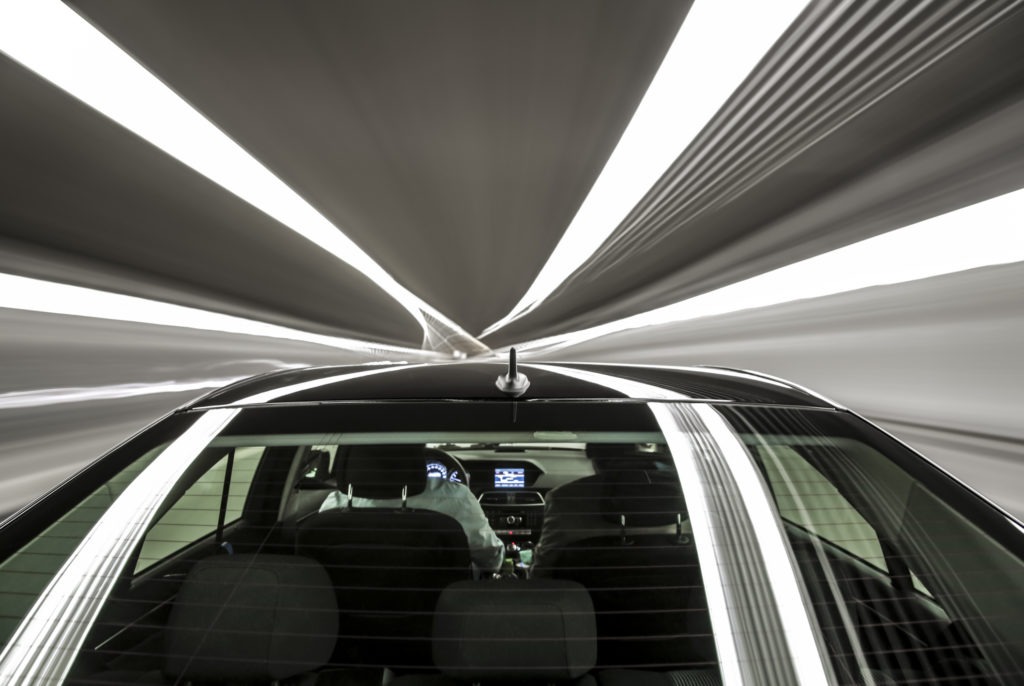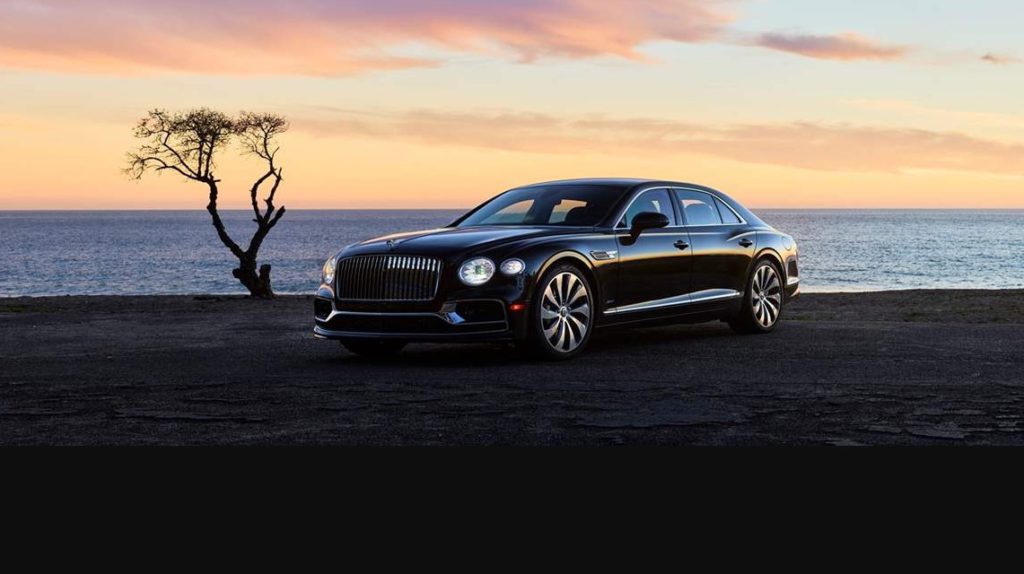JLR secures £625 million in funding to develop battery-electric vehicles
02 February 2022

Jaguar Land Rover (JLR) has secured a £625 million (€749 million) loan to support the research, development, and export of battery-electric vehicles (BEVs). The funds will be spread across five years and supplied by 12 commercial banks.
The transaction will be covered by £500 million from the UK government. More specifically, the 80% guarantee comes from UK Export Finance (UKEF). Its Export Development Guarantee (EDG) programme aims to drive major investments into UK exporters.
‘We want our carmakers to accelerate the production of electric vehicles in the UK,’ said Anne-Marie Trevelyan, secretary of state for international trade. ‘This deal from UK Export Finance will help Jaguar Land Rover continue to sell the Best of British to the world, while creating jobs, boosting manufacturing and levelling up across the UK.’
Support and sustainability
The £625 million loan will bolster JLR’s BEV-building efforts, into which it plans to invest roughly £2.5 billion a year. This figure is then expected to rise to £3 billion by March 2026 as the carmaker intensifies focus on its Reimagine strategy. Announced in February 2021, this electrification plan will see all models available in BEV form by the end of the decade. This includes all-electric Jaguars from 2025 and six BEV Land Rover variants in the next five years.
‘Jaguar Land Rover is pleased to have worked again with UK Export Finance on this new EDG facility,’ said Adrian Mardell, JLR’s CFO. ‘This will help support the significant investment in our transition to offer a fully-electrified product portfolio and to achieve our target of net-zero carbon emissions by 2039.’
JLR is one of the UK’s largest exporters. Between 2020 and 2021, over 80% of its vehicles were sold to markets outside the country. JLR was the first UK company to participate in the EDG programme in 2019 and has now received over £1 billion in loans.
Semiconductor constraints
The loan confirmation came just after JLR reported its third-quarter financial results. The carmaker explained its production and sales remained ‘significantly constrained by semiconductor shortages’. Between October and December, it recorded 80,126 vehicles sales, down 13.6% from its second quarter, from July to September 2021, and 37.6% lower than the same reporting period in 2020.
‘Whilst semiconductor supplies have continued to constrain sales this quarter, we continue to see very strong demand for our products underlining the desirability of our vehicles. The global order book is at record levels and has grown an incredible 30,000 units for the new Range Rover before deliveries even start this quarter,’ said Thierry Bolloré, JLR CEO. ‘We continue to execute our Reimagine strategy to realise the full potential of the business and create the next generation of the most-desirable luxury vehicles for the most discerning of customers.
‘Jaguar Land Rover is one of Britain’s biggest car manufacturers. It supports the livelihoods of thousands of people across the country, and its success is underpinned by exports,’ said exports minister, Mike Freer. ‘UK Export Finance has secured another major investment for the UK automotive industry that will safeguard jobs and prioritise sustainability.’
Electric push
The UK government pointed to its loan guarantee as evidence of its commitment to a ‘green industrial revolution.’ It is also investing more than £850 million to develop the supply chain for cleaner vehicles. It claims to have already supported some £2 billion in commercial investment into the industry’s export capacity.
There appears to be a concerted effort to get behind electromobility in the country. More consumers are supporting electrification, and 2021 was the most successful year in history for electrically-chargeable vehicle (EV) uptake. A pilot plant recently produced lithium carbonate from granite and battery recycling is being established. But the government did also slash the Plug-in Car Grant (PiCG) in December last year, much to the frustration of the automotive industry.



